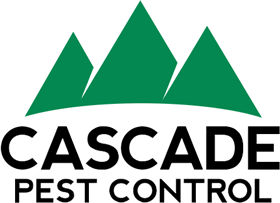Author: Kurt Treftz, Cascade Pest Control
With all the water and green foliage that encompasses the Greater Puget Sound Region, ants of all varieties tend to gravitate towards this area to make their homes. This becomes a problem when these ants want to make a home in the space you’ve already claimed as your home or business. Ants are attracted to many of the same food sources and structures we are which can make it challenging to keep them out of your area.
As if their overwhelming presence wasn’t enough, some species are known to be aggressive too. There are unfortunately several common ant varieties that are known to bite humans. An insect bite of any kind isn’t ideal, especially when there can be irritating venom involved. Cascade Pest Control technicians are experts in identifying, eliminating, and preventing ant infestations of any species, though. You’re in good hands in the Cascade ant control department.
Ant Control in Western Washington
While there are many varieties of ants in the Greater Puget Sound region, there are some you don’t want to tangle with on your own. Ant species that bite can cause a great deal of discomfort, especially if you’re dealing with an infestation. Here are notable Seattle/Western Washington ant species, how to identify them, and how to prevent getting ant bites:
Carpenter Ants
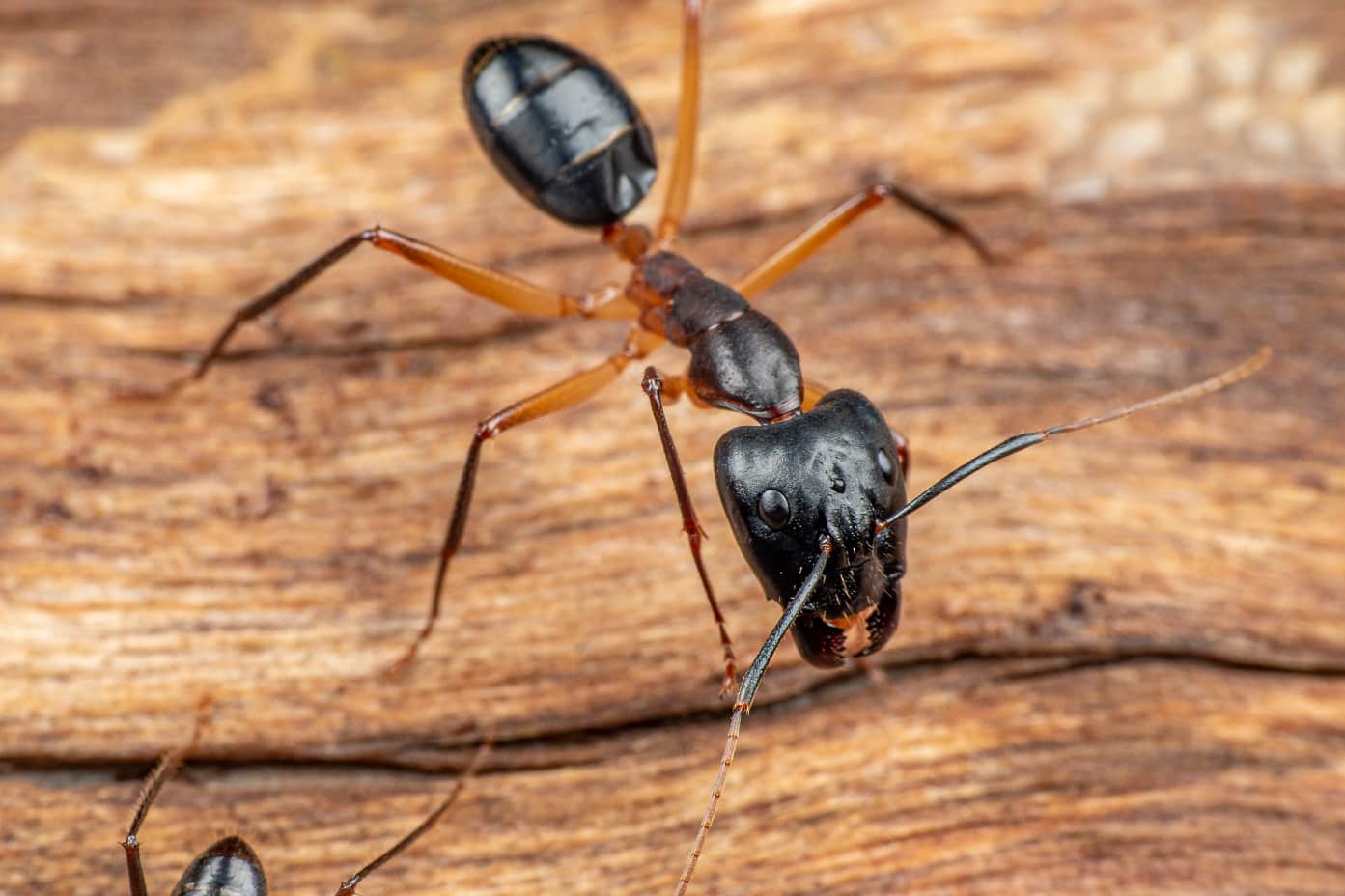
These pesky ants come in black, red, or a combination of both, and they’re bad news for the structural integrity of your space. Carpenter ants are among the larger varieties of ants you’ll find in your home and you feel it in their bite. The large pincers on their heads are mainly used to tunnel through any wood found in or near your home, but they are known to use it on humans or pets who come near them.
Carpenter ant bites aren’t deadly, but they do spray formic acid when biting so that can become irritating. If the raised bite mark and any swelling or pain remains after more than a few days, you could be allergic and should consult your doctor.
Thatching Ants
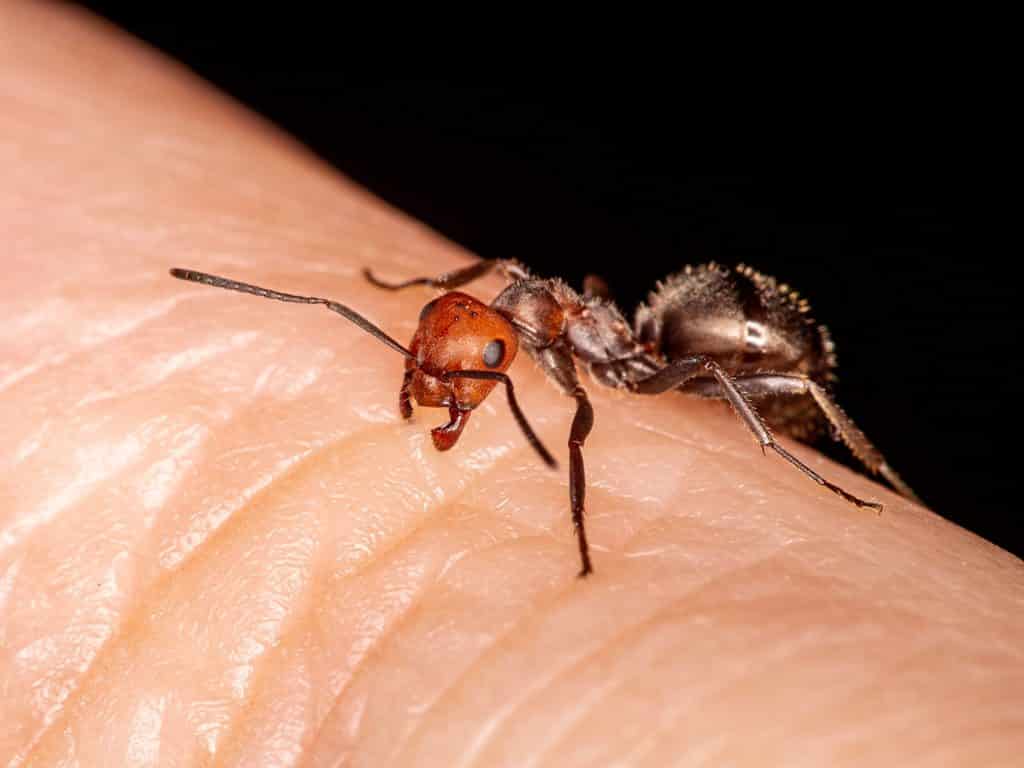
Similar to carpenter ants, thatching ants are larger (4-8 mm long) than other common ant varieties. They have a pronounced red head and black body with powerful jaws. You might notice the large mounds these ants create to house their colony before the any itself, as they can get quite big if left unattended.
They tend to nest in your yard in piles of debris, and are unfortunately aggressive if disturbed. Many unknowingly step on their mounds and can be met by a storm of these insects. They also spray formic acid when they bite, which can blister both you and your pets if not treated in a timely fashion.
European Fire Ants
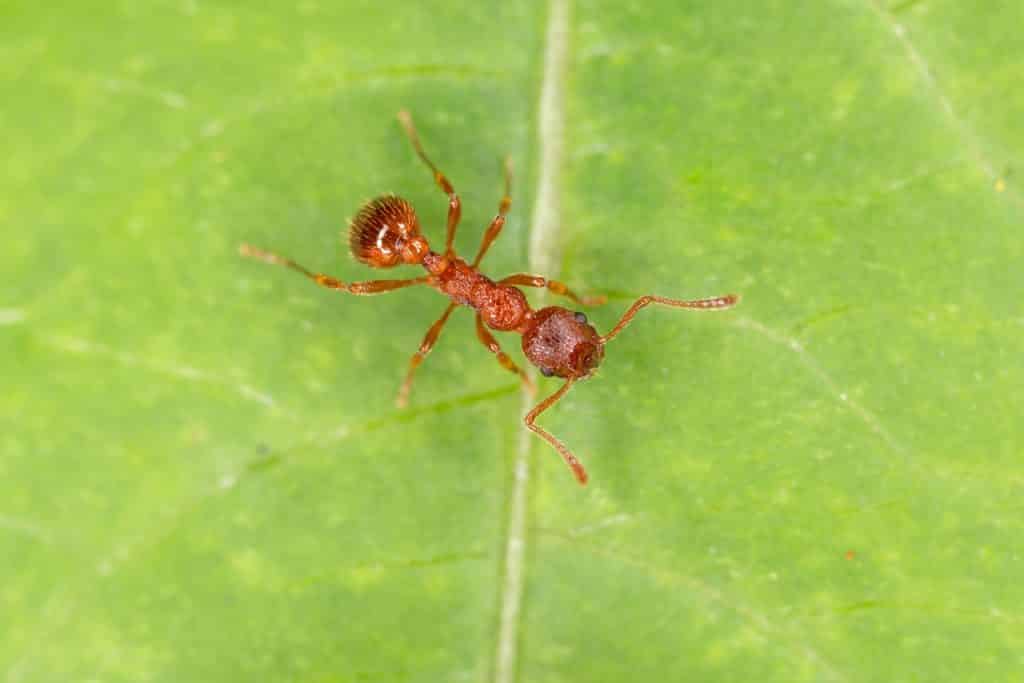
Yes, varieties of fire ants do exist in the Northwest’s more temperate climate. European fire ants are less aggressive than other ant species from warmer climates, but their stings hurt just the same. The site of the bite will develop a raised welt and white pustule that aren’t pleasant to deal with either.
Fire ant varieties are aptly named, as their orange-red coloring helps them stand out from other ants. They are a medium-to-small sized ant who packs a punch, so they’re especially dangerous for young kids or pets who may be unaware of their bite.
Velvety Tree Ants
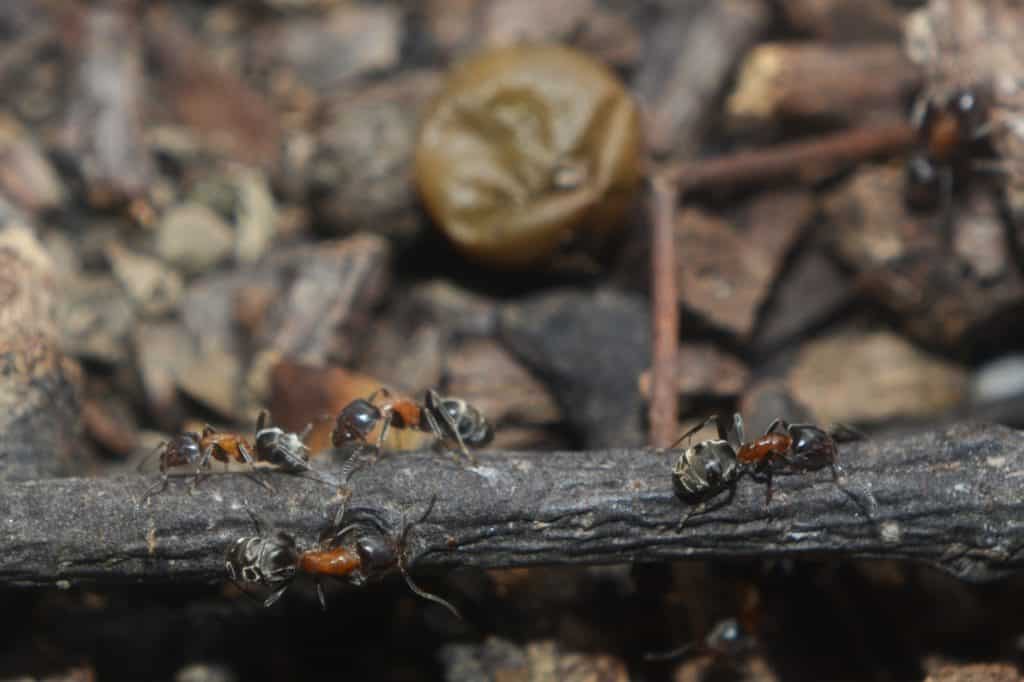
Velvety tree ants have brown-black heads, yellow-red thoraxes, and black, hairy abdomens. They can be found in trees, stumps, logs, and other wood-composed structures. If they’re in your home, they’ll be near a food source to access. This is what makes them notably different from the carpenter ant’s they’re often confused with—they venture out for food as opposed to eating the wood they tunnel.
This ant variety is particularly aggressive and often injects a poison when they bite. Some compare the feeling to a scorpion sting. They’re usually in search of insects to feed on, but due to their aggressive nature you don’t want them to get comfortable in your space. A professional pest control service should be called if you see one or more of velvety tree ants in or around your home.
Need help with ant control in your home or business? Call 888-989-8979 today to schedule an inspection from Cascade Pest Control
